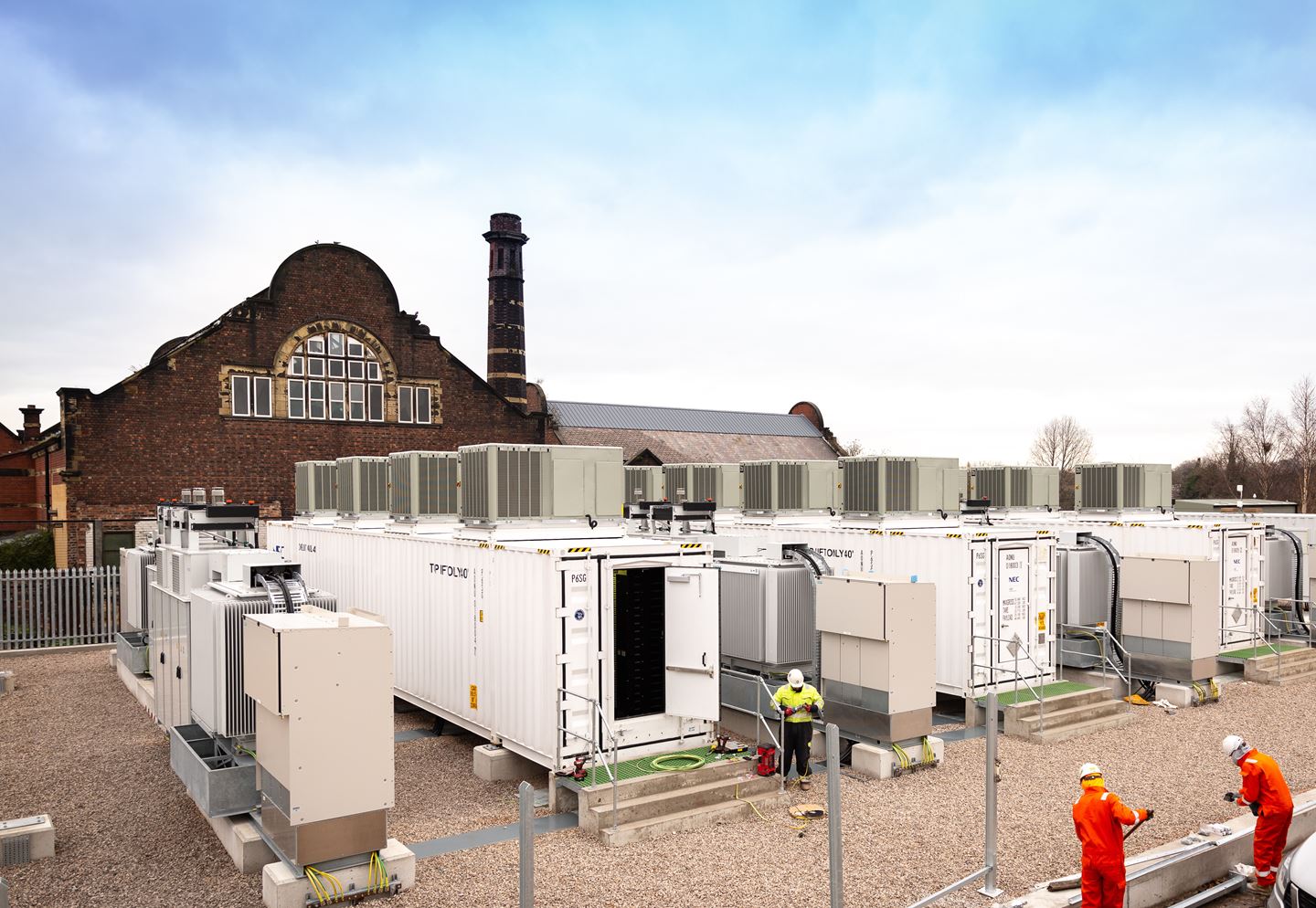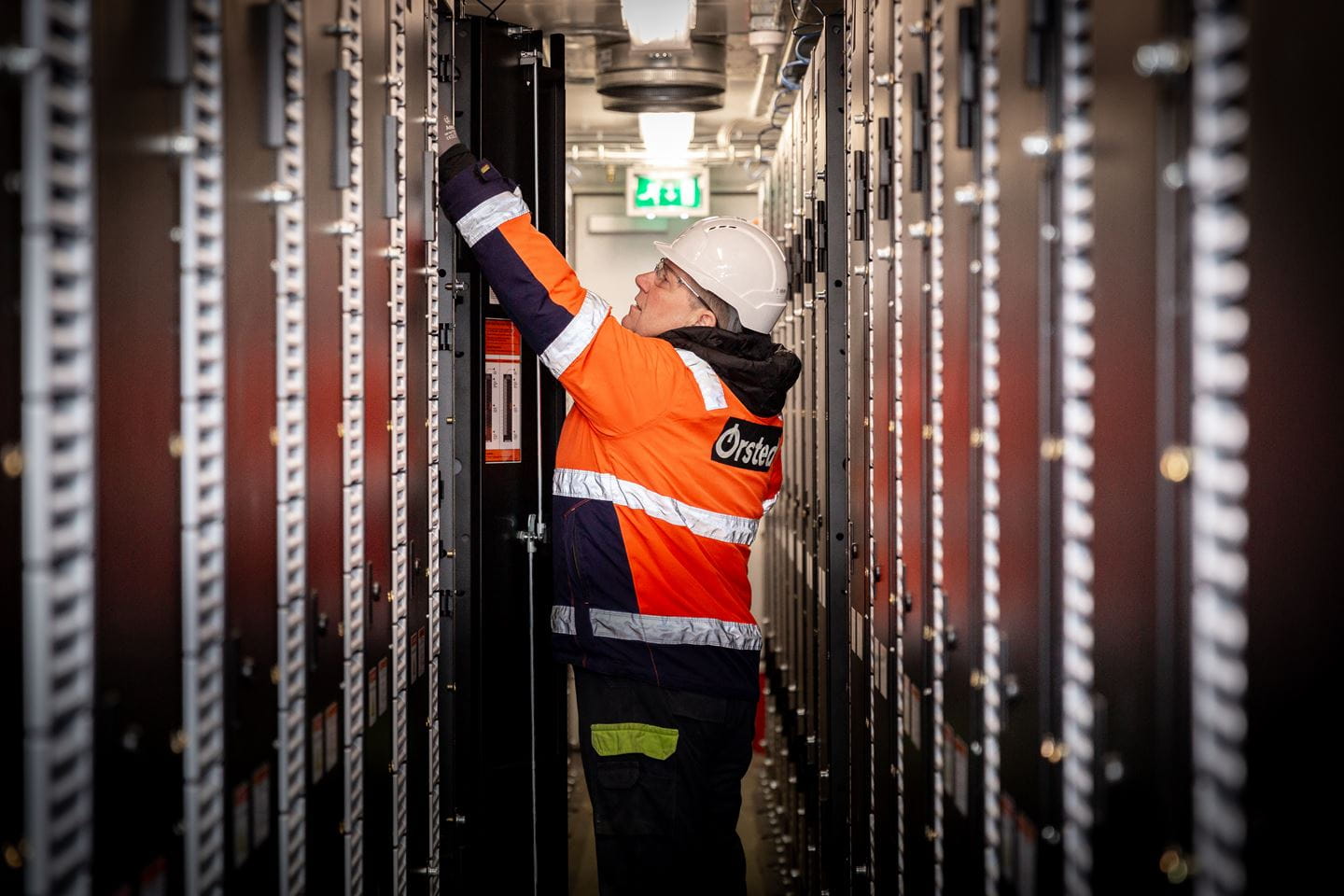Matthew Wright, UK Managing Director at Ørsted, said: “Climate change is a real and pressing threat to our planet and, in order to minimise its effects, we urgently need to decarbonise our electricity system. The good news is, we’re on the right path, especially in the UK, where we lead the world in deploying renewable technologies, such as offshore wind.
“We have a vision to create a world that runs entirely on green energy, and that means we will need more than just clean energy generation. That’s why we’re investing in energy storage systems like Carnegie Road, to accelerate the transition to a smarter, low carbon grid. Batteries, and other innovative storage technologies will form a critical part of an integrated green energy system required to ensure we keep the lights on without harming our planet.”
One of the key actions in keeping the UK’s electricity grid balanced and stable is ensuring that the amount of electricity generated matches the amount of electricity used at any given moment. Grid balancing services are tools used by National Grid to manage the UK’s electricity system. Due to the dynamic nature of battery storage systems, they are able to provide a highly flexible response to grid-needs and are therefore a valuable component of a modern, decarbonised energy system.
Bridgit Hartland-Johnson, part of Ørsted’s newly formed Onshore business unit and leading on developing new energy storage projects in the UK, said: “Our electricity consumption pattern is changing and is becoming less predictable as we use more electronic devices and electrify our transport system. The way we generate electricity is also changing as we add more low carbon sources from wind and solar to the grid. These changes mean that the way we balance and operate the grid, also need to adapt to become more agile and flexible. The combination of storage and renewable energy means we can now deliver infrastructure that enhances grid operations and ultimately delivers much better value for us as consumers.”


